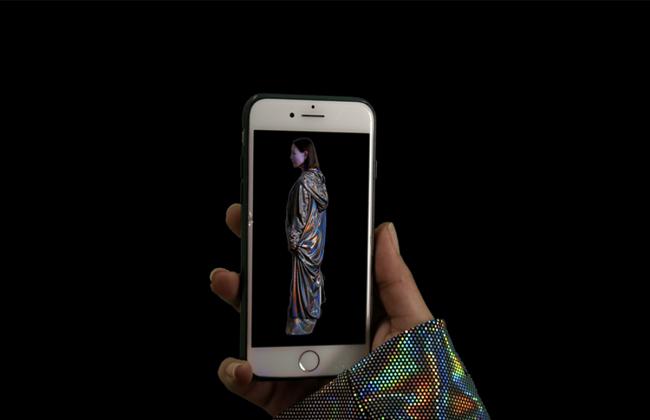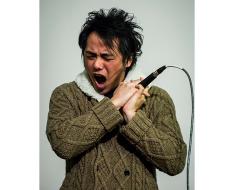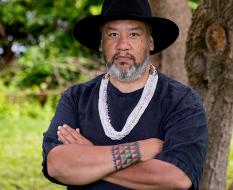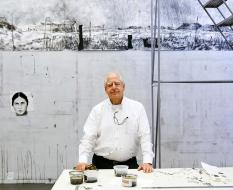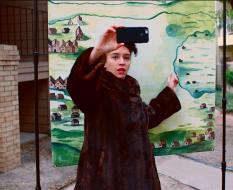Video Art in Context
January 19—April 19, 2023
How have artists made use of the screen? What are the opportunities and hazards of using the screen as a vehicle for connection? A stunning roster of artists, curators, designers, and critics consider these questions and more.
Read full description- Upcoming
Films - Past
Films - Past
Events
Past Events
-
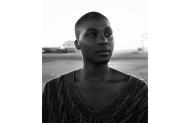 Thursday, February 9, 12 PM
Thursday, February 9, 12 PMNIC Kay: Video Across the Arts: Performance and the Moving Image
Where is the stage, and who is watching? NIC Kay re-creates video editing effects like glitches, rewinding, freeze frame, and overlay choreographically across various mediums. These undisciplined performances are inspired by the playfulness and immediacy of sharing video content online. NIC uses these works to explore the troubled relationships between the Black performer, the camera/video, and the audience/viewers.
-
 Thursday, February 2, 12 PM
Thursday, February 2, 12 PMBart Rutten: Video Across the Arts: Painting, Performance Art, and the World of Video
What does a contemporary form such as video art have to say to the classic forms of seventeenth-century Dutch painting? Bart Rutten asked such questions and more in his recent exhibition Double Act by pairing Dutch masters with selected works of video art. Here he discusses his curatorial principles and how he found formal, political, and thematic correspondences amongst artists separated by three centuries.
Webinar only.
-
 Thursday, January 26, 12 PM
Thursday, January 26, 12 PMGreg Niemeyer: Video Across the Arts: Film and Cinema
When does video become art? Looking at examples of the long, and perhaps parallel, histories of cinema and video art, Greg Niemeyer discusses how we can distinguish these two art forms, why it matters, and how video art is different from the reels, clips, and snippets of social media.
-
 Thursday, January 19, 12 PM
Thursday, January 19, 12 PMShannon Jackson: Video Across the Arts: Framing a Cross-Disciplinary Conversation
What is video art’s place in art history? And which art history? Launching our Thursday series, Shannon Jackson considers video art’s connections to a range of art forms. Introducing artists such as Marina Abramovic, William Kentridge, Bruce Nauman, Bill Viola, and many more, she considers how video art’s conceptual, durational, and screen-based processes recall and revise a variety of artistic movements.

